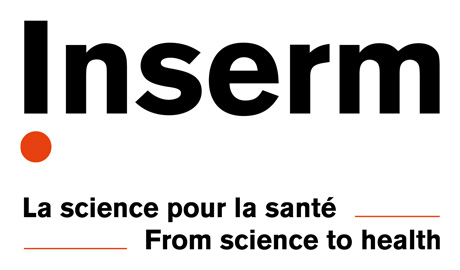





Type of contract CDD
Location Paris,
Statut Available
Key Words
Details of the offer
Type of job
Type of contract CDD
Application deadline
Employment start date
Contact
To apply, please send your CV, motivation letter stating your research experience, technical expertise and interests/plans, and two letters of recommendation to Yonatan Ganor
KEY WORDS | sexually-transmitted infections, virus, neuroscience |
CITY | Paris |
COUNTRY | France |
DETAILS OF THE OFFER | Working place: The Cochin Institute Missions: Scientific context: Among sexually-transmitted infections, herpes simplex virus type 2 (HSV-2) is the largest contributor to increased acquisition of human immunodeficiency virus type 1 (HIV-1) during co-infection. We discovered that calcitonin gene-related peptide (CGRP), a mucosal neuropeptide secreted by peripheral pain neurons termed nociceptors that innervate all genital tissues, strongly inhibits infection of Langerhans cells (LCs; resident antigen-presenting cells in stratified epithelia) with HIV-1 and HSV-2, revealing for the first time the unexpected anti-viral roles of CGRP. Recently, we developed the ‘mucosa-on-chip’ microfluidic model that combines CGRP-secreting nociceptor neurons with genital epithelial cells and LCs. In this model, infected LCs relay HSV-2 to nociceptor axons, resulting in axonal degeneration and reduction in CGRP content. Project: We are seeking a post-doctoral fellow to explore the anti-viral roles of CGRP during HSV-2/HIV-1 co-infection using the ‘mucosa-on-chip’ model, which mimics the complex in-vivo neuroimmune landscape of mucosal tissues. The main objective of the selected candidate will be to prove that an unrecognized mechanism, by which HSV-2 increases HIV-1 acquisition during co-infection, involves HSV-2-mediated dysregulation of mucosal CGRP secretion, thereby counteracting the protective anti-HIV-1 actions of CGRP. Qualifications:
|
TYPE OF JOB | Post doc & researchers |
TYPE OF CONTRACT | CDD (36 months) |
EMPLOYMENT START DATE | Immediately |